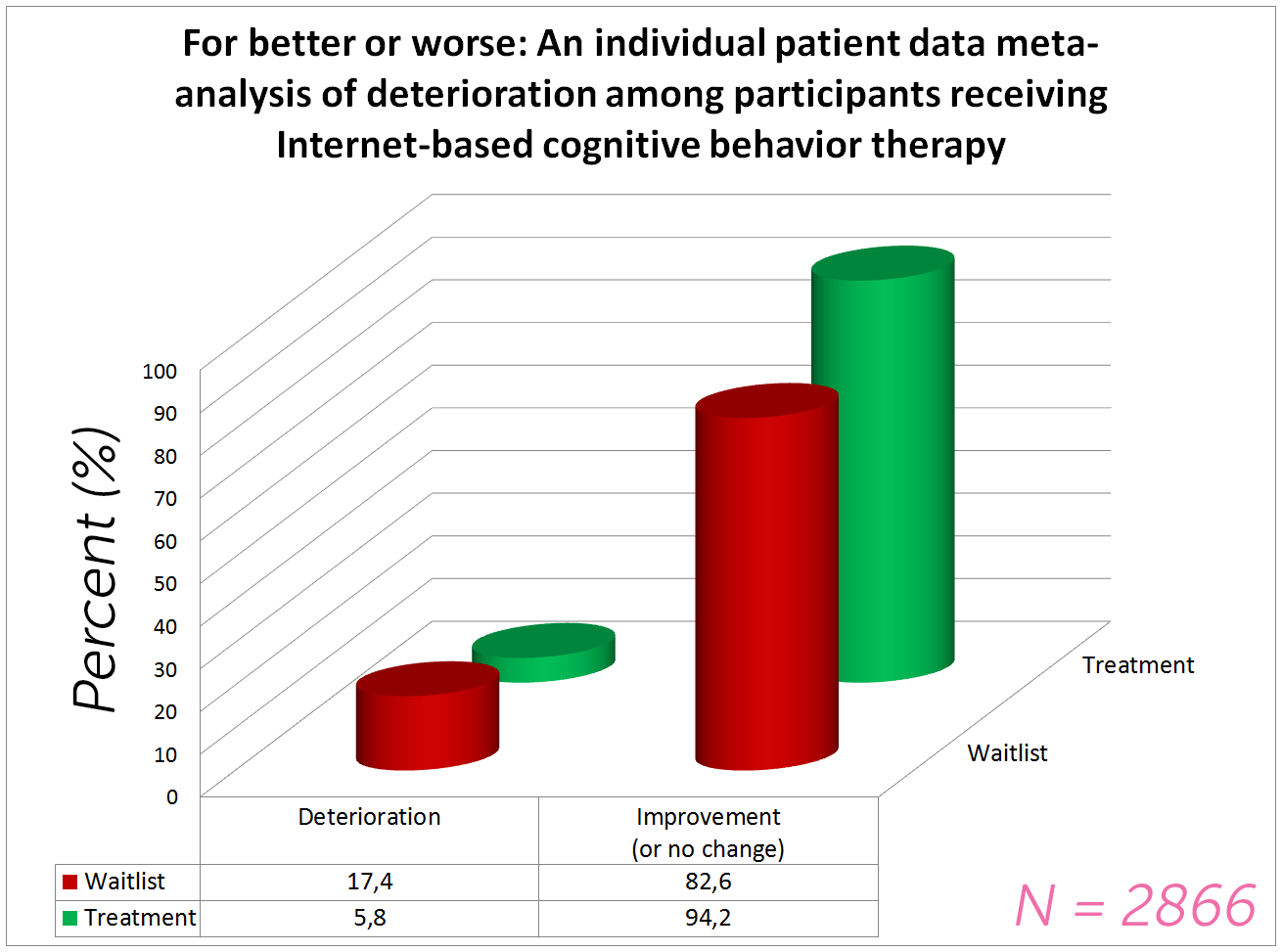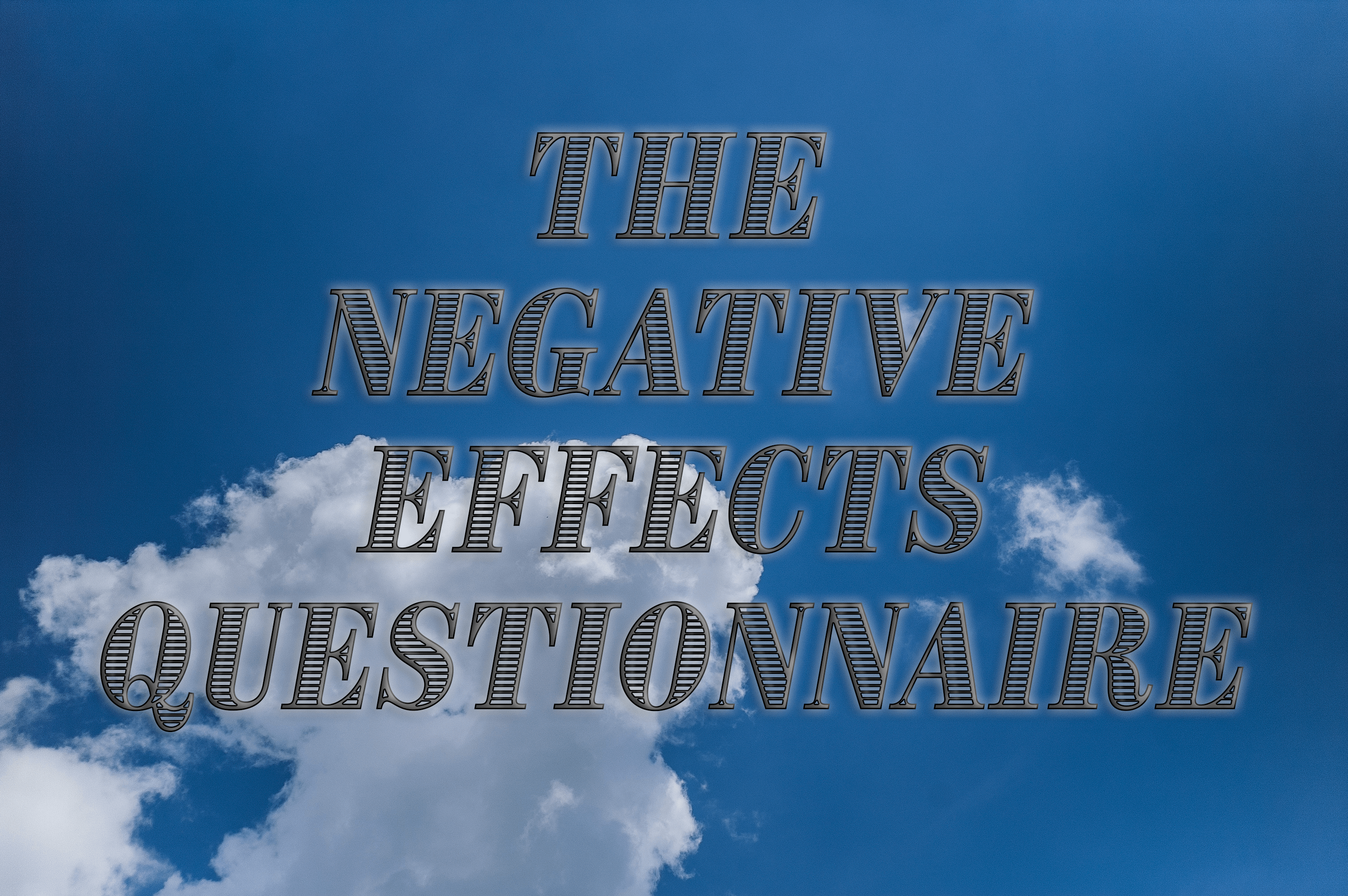Pooled patient-level meta-analysis of children and adults completing a computer-based anxiety intervention targeting attentional bias
Computer-based approaches, such as Attention Bias Modification (ABM), could help improve access to care for anxiety. Study-level meta-analyses of Attention Bias Modification have produced conflicting findings and leave critical questions unresolved regarding ABM’s mechanisms of action and clinical potential. In a paper that was just accepted for publication in Clinical Psychology Review (see reference below) we … Läs mer!









